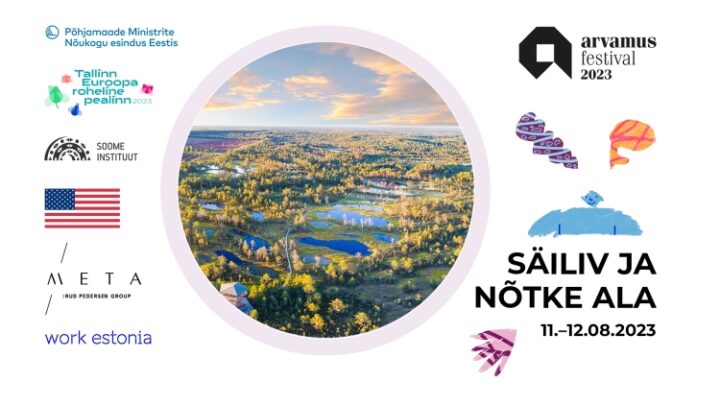The Keyhole helps to choose healthy food in the Nordic countries
| Trying to decipher the often cryptic description of contents on food packets can be really tricky abroad. It has become much easier in the Nordic countries. Healthy quality products are labelled with the Keyhole now. From now on dairy products, fish, meat and vegetables etc. can be labelled with the Keyhole. It shows that the products are low in fat, salt and sugar. The keyhole has been around in Sweden for 20 years. The label has now been introduced in Denmark and Norway. Iceland may join the scheme later but Finland already has a similar label, the ‘Heart’. |
| The background for the joint labelling scheme is that Nordic food products are very similar, Nordic citizens often travel to neighbouring countries to buy food and food companies and retailers often operate across national borders. However, the Nordic citizens have different views about what is healthy food has shown a study funded by the Nordic Council of Ministers. Danes pay great attentions to the amount of fat in food, Swedes are particularly concerned about the amount of sugar while Norwegians avoid eating too much salt. The Keyhole is a voluntary scheme for food producers. The national authorities in the respective countries are responsible for the Keyhole, which is not only a Nordic labelling scheme, but can be used in all countries of the world provided they conform to the criteria for the label. The criteria for the Keyhole build on the fruits of many years’ of earlier work with the Nordic Nutritional Recommendations. The Council of Ministers has contributed to funding the scheme with campaign material and consumer studies, for example. The Secretary General of the Council of Ministers, Halldór Ásgrímsson, supports the Keyhole, and emphasizes that it is an important follow-up to the joint Nordic Plan of Action for Diet and Physical Activity. |


